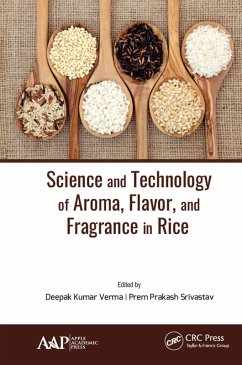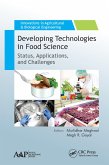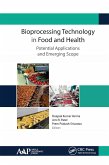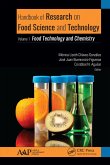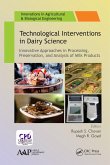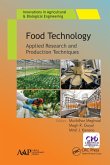Aroma is one of the diagnostic aspects of rice quality that can determine acceptance or rejection of rice before it is tested. Aroma is also considered as an important property of rice that indicates its preferable high quality and price in the market. An assessment of known data reveals that more than 450 chemical compounds have been documented in various aromatic and non-aromatic rice cultivars. The primary goal of research is to identify the compounds responsible for the characteristic rice aroma. Many attempts have been made to search for the key compounds contributing to rice aroma, but any single compound or group of compounds could not reported that are fully responsible.
There is no single analytical technique that can be used for investigation of volatile aroma compounds in rice samples although there are currently many technologies available for the extraction of rice volatile aroma compounds. These technologies have been modified from time to time according to need, and many of them are helping the emergence of a new form, particularly in the distillation, extraction, and quantification concept.
This new volume helps to fill a void in the research by focusing solely on aroma, flavor, and fragrance of rice, helping to meet an important need in rice research and production.
Key features of this volume:
. provides an overview of aromatic rice from different countries
. looks at traditional extraction methods for chemicals associated with rice aroma, flavor, and fragrance
. presents new and modern approaches in extraction of rice aroma chemicals
. explores genetic engineering for fragrance in rice
Dieser Download kann aus rechtlichen Gründen nur mit Rechnungsadresse in A, B, BG, CY, CZ, D, DK, EW, E, FIN, F, GR, HR, H, IRL, I, LT, L, LR, M, NL, PL, P, R, S, SLO, SK ausgeliefert werden.

